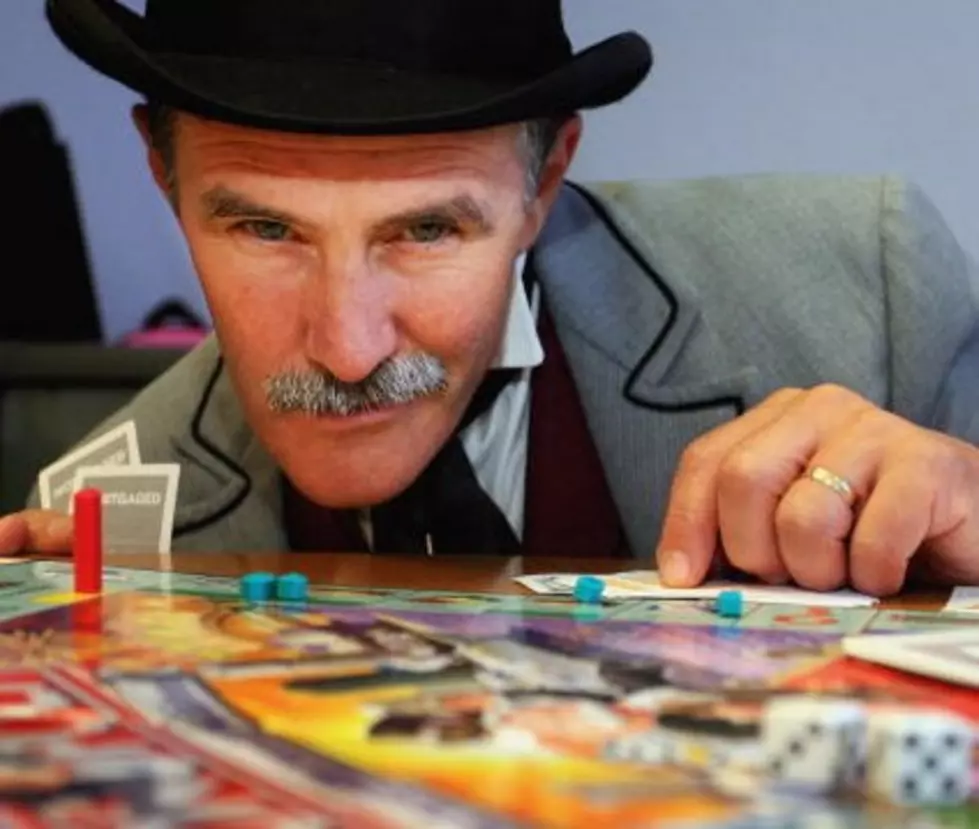
The Shady Origins of Five Popular Board Games
Did you know that a bunch of the board games we grew up with actually come from a dark and not so happy place? Me either. Here’s what I found about the truth behind 5 of the most popular board games:
1) Monopoly and The Quakers.. A Quaker named Lizzie Magie created the first game in 1904 to showcase the evils of property ownership (the original title was "The Landlord's Game".) Magie was a supporter of the Quaker tax reformer Henry George, and the game focused on players extorting one another. Once the game took off, Parker Bros. learned its true origins and had to do some damage control. Parker Brothers bought the rights for $500 from Magie, who believed her original game would finally be distributed to the masses. And it was, but only for the first couple hundred copies before it was discontinued and the new “tweaked” version of the game, the game we know today was churned out.
2) The Hard Life. The original Game of Life was a lot darker than the one we know today. Created by Milton Bradley, the game was originally sold under the name of "The Checkered Game of Life" during the Civil War. The game was meant to teach virtue and principles to children. Before there was payday, there were squares that included poverty, disgrace, and gambling to ruin. The game even came with a "Suicide" square- which, if landed on, marked your last turn.
3) The darker side of Clue. Anthony E. Pratt was a fire warden during World War II and while walking his beat one day, he thought back to a favorite pre-war game he and his friends used to play called "Murder!" "Between the wars," he once said, "all the bright young things would congregate in each other's homes for parties at weekends. We'd play a stupid game called Murder, where guests crept up on each other in corridors and the victim would shriek and fall on the floor." He transformed that somewhat morbid real-world distraction into a board game. The original version was a bit harsher than what we play today. In addition to the gun, rope and other murder weapons, it included an axe, syringe, shillelagh, poison, and even a bomb.
4) Scrabble's Poe past. If it weren't from his love of master of the macabre Edgar Allen Poe, Alfred Butts might not have ever developed Scrabble. The game was born when creator Butts was reading Poe's "The Gold Bug," a story that involves figuring out a code based on how frequently letters are used. Butts decided to tweak that a bit and sat down to count out how frequently letters appeared in an issue The New York Times, which was quite a project. Butts spent more than 16 years waiting for it to take off.
5) Chutes and Ladders (and murder and lust.) If it seems like this game has been around forever, there's a reason: it has. The concept has been traced back to a Hindu game called Leela, which was a game of self-knowledge as well as an Indian game called Daspada. Leela was created by Hindu scholars with the intention of teaching moral values. Daspada came about in the second century with a similar purpose, but using ladders to represent virtues and snakes to represent vices (hence the title 'Snakes and Ladders' in the U.K.). Those vices were serious business, too. Included among them in Daspada were Vulgarity, Drunkenness, Murder and Lust. Yikes!
More From 98.1 The Hawk









